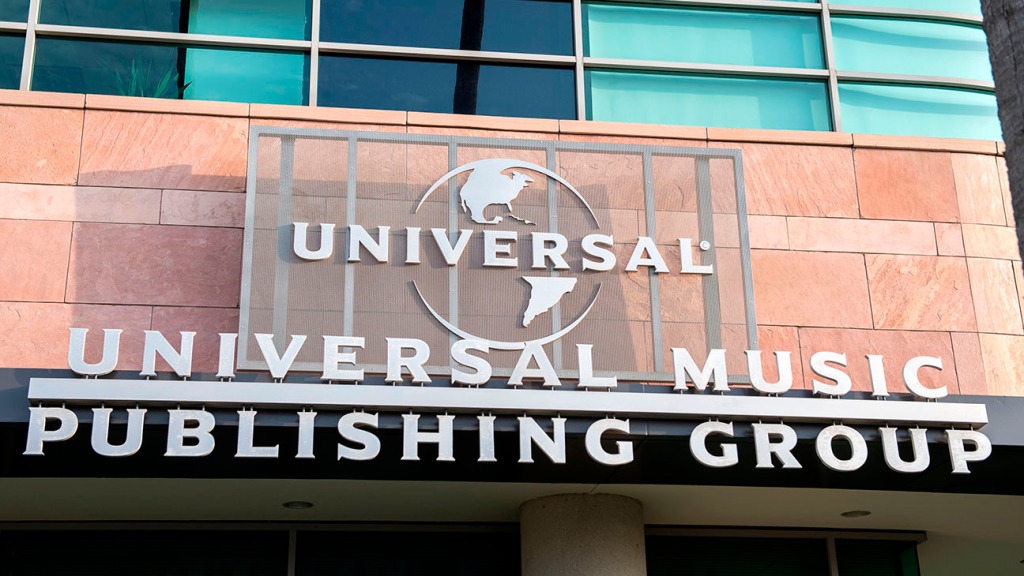
A Texas jury has awarded Universal Music Group and several other recording companies more than $46.7 million in their lawsuit against Astound Broadband for failing to stop its users from pirating music.
The company formerly known as Grande Communications must pay roughly $33,000 in damages for each of 1,403 works that were infringed upon, the jury found on Thursday. The verdict marks another loss for internet providers being held vicariously liable for copyright infringement for turning a blind eye to users illegally downloading music and movies.
UMG and other record companies, including Sony Music Entertainment, Warner Bros. Records and Roc-A-Fella Records, sued Grande in 2017 in Texas federal court. They accused the company of neglecting more than one million infringements of copyrighted works by its users on peer-to-peer file sharing systems.
“Despite their knowledge of repeat infringements, Defendants have permitted repeat infringers to use the Grande service to continue to infringe Plaintiffs’ copyrights without consequence,” reads the complaint. “Upon information and belief, neither Grande nor its management company Patriot has taken any meaningful action to discourage this continuing theft, let alone suspend or terminate subscribers who repeatedly commit copyright infringement through its network, as required by law.”
The suit argued that Grande can’t claim safe harbor under the Digital Millennium Copyright Act, which criminalizes services intended to circumvent measures that control access to copyrighted works and provides protection from liability for service providers, because it effectively had a policy of refusing to take meaningful action against repeat infringers.
Grande, in turn, countered that the arguments in the suit represent an “absurd expansion of copyright liability.” The company claimed that it’s in the impossible position of either terminating the accounts of subscribers based on unverified allegations of piracy or face litigation for contributing to the infringement of thousands of copyrighted works.
“This case is an attempt by the U.S. recording industry to make Internet service providers, or ISPs, its de facto copyright enforcement agents,” reads a court filing from Grande. “Having given up on actually pursuing direct infringers due to bad publicity, and having decided not to target the software and websites that make online file-sharing possible, the recording industry has shifted its focus to fashioning new forms of copyright liability that would require ISPs to act as the copyright police.”
The Recording Industry Association of America stressed in a statement that federal law doesn’t allow internet providers to be willfully blind to online piracy on their networks.
“This is the latest validation by US courts and juries that unchecked online infringement will not stand,” CEO Mitch Glazier said. “The jury’s strong action here sends an important message to Internet Service Providers.”
Grande and UMG didn’t immediately respond to requests for comment.
Copyright owners have increasingly been turning to court over the piracy of movies and music, using copyright law as their weapon of choice. In September, a trio of lawsuits from Voltage Pictures against Verizon Wireless, AT&T and Comcast for refusing to expel subscribers who repeatedly pirated their movies settled. Judgments in other lawsuits by copyright owners that went to trial have proved costly for internet providers. In 2019, Cox Communications was forced to pay $1 billion to 53 music publishers for profiting off of repeat copyright infringers.

